Why does palm oil still dominate the supermarket shelves? There are few viable alternatives to palm oil. Despite concerns about its sustainability, it is still cost effective and a major income ...

Why does palm oil still dominate the supermarket shelves?. Retrieved from The Guardian: www.theguardian.com USDA. (2017, April 11). Domestic use of canola, corn germ, and palm oil growing at a faster rate than soybean oil. Retrieved from Economic Research Service: www.ers.usda.gov
Get Price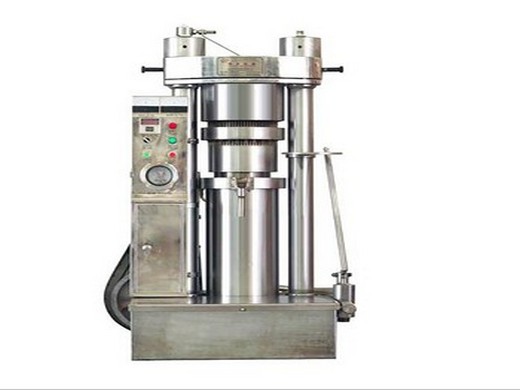
Palm oil risk to Africa as prospectors eye swaths of land ... Why does palm oil still dominate the supermarket shelves? ... The palm oil debate is funded by the Roundtable on Sustainable Palm Oil ...
Get Price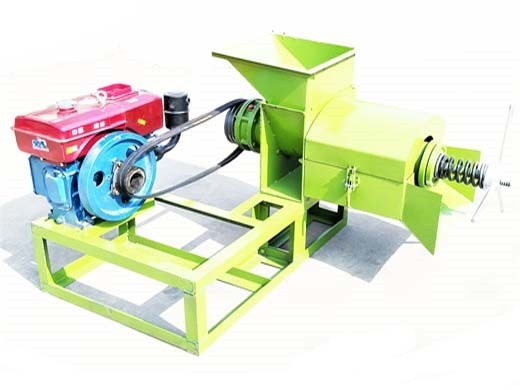
Wilmar is the latest palm oil company to commit to halting deforestation. ... World's largest palm oil trader commits to zero deforestation ... Why does palm oil still dominate the supermarket ...
Get Price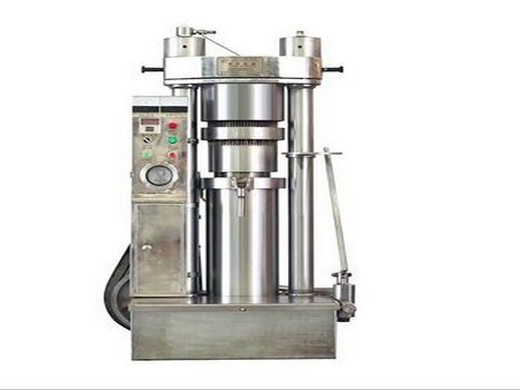
Over 50% of the products on supermarket shelves have palm oil as an ingredient. Its production has resulted in massive loss of virgin rainforests in South-East Asia. Now it's threatening the ...
Get Price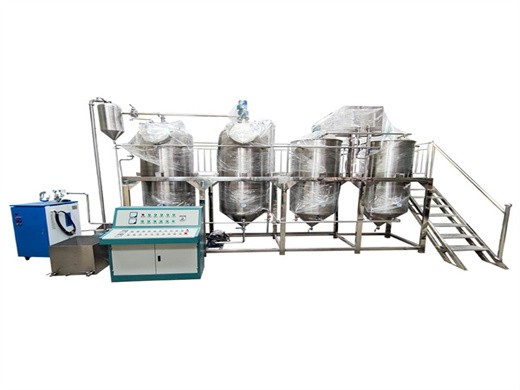
Palm oil is ubiquitous! Half the packaged food (and other) products found on supermarket shelves now contain palm oil. Palm oil and palm kernel oil are found in all manner of baked goods, such as cookies, bread, and potato chips, as well as in chocolate and milk (where it adds Vitamin A).
Get Price
Palm oil is literally everywhere in our foods, cosmetics, cleaning products and fuels. It a source of huge profits for multinational corporations, while at the same time destroying the livelihoods of smallholders. Displacement of indigenous peoples, deforestation and loss of biodiversity are all consequences of our palm oil consumption.
Get Price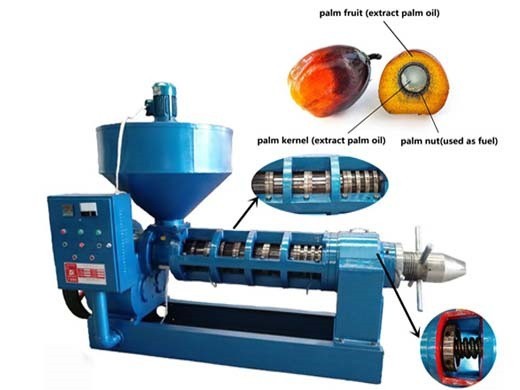
Why does palm oil still dominate the supermarket shelves? But your reply didn't touch the issue of deforestation in general and rainforest destruction in particular. Poor farmers isn't a sufficient response for deforestation issue if you meant that.
Get Price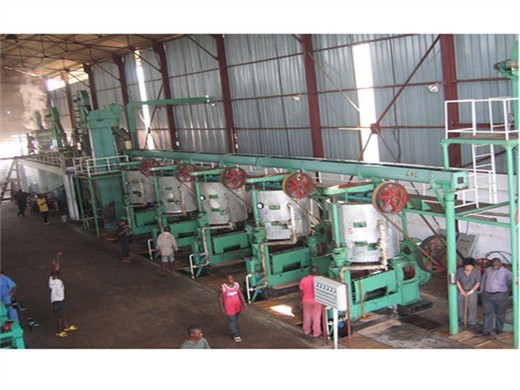
Palm oil is in 50% of what you buy but the impacts of unsustainable production can be devastating. Debate what the future holds for palm oil in our live chat, 18 November, 10 - 11.30am (GMT)
Get Price
Why does palm oil still dominate the supermarket shelves? There are few viable alternatives to palm oil. Despite concerns about its sustainability, it is still cost effective and a major income
Get Price
Palm oil is in 50% of what you buy but the impacts of unsustainable production can be devastating. Debate what the future holds for palm oil in our live chat, 18 November, 10 11.30am (GMT)
Get Price
Palm oil is in 50% of what you buy but the impacts of unsustainable production can be devastating. Debate what the future holds for palm oil in our live chat, 18 November, 10 11.30am (GMT)
Get Price
Why does palm oil still dominate the supermarket shelves? Read more The risks involved in transferring the land to large monoculture plantations are significant.
Get Price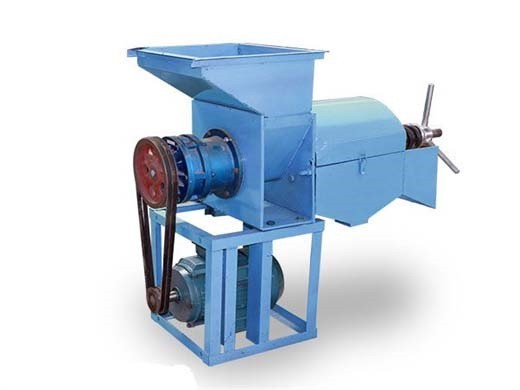
Used in about half of the products on supermarket shelves, palm oil imports to the U.S. have jumped 485% in the last decade, [2]pushing palm oil cultivation into the rainforests and making this crop one of the key causes of rainforest destruction around the globe. Approximately 85 percent of palm oil is grown in the tropical countries of Indonesia, Malaysia and Papua New Guinea (PNG) on
Get Price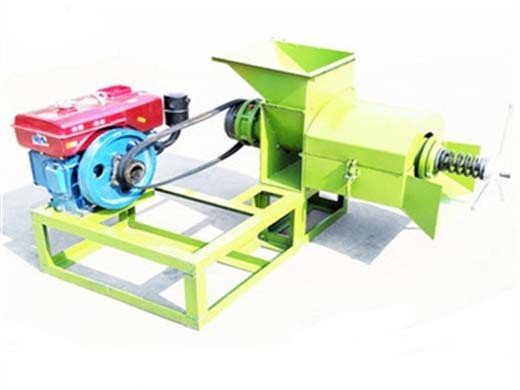
L et start with some good news. Wilmar International, the largest palm oil trader in the world, recently committed not to engage in deforestation. A year on from announcing the policy, the
Get Price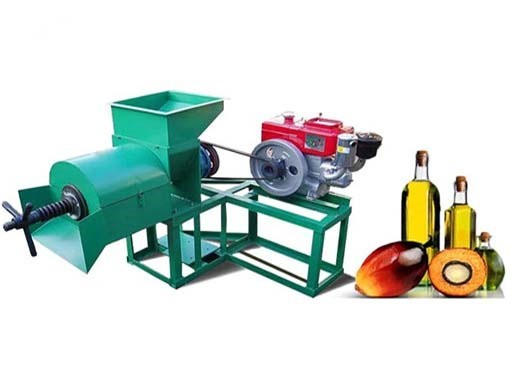
You might not cook with it, but you almost certainly eat or use palm oil. Palm oil is the most widely consumed vegetable oil on the planet, found in many packaged products sold in the supermarket. While palm oil is the most efficient source of vegetable oil, its rapid expansion threatens some of the
Get Price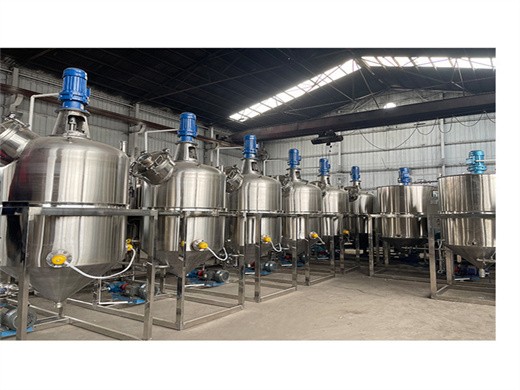
Palm oil production is vital for the economy of Malaysia, which is the world's second- largest producer of the commodity after Indonesia. The Malaysian Palm Oil Board (MPOB) is a government agency responsible for the promotion and development of the palm oil sector in the country. The country's palm oil industry produces about 90 million tonnes of lignocellulosic biomass, including empty fruit
Get Price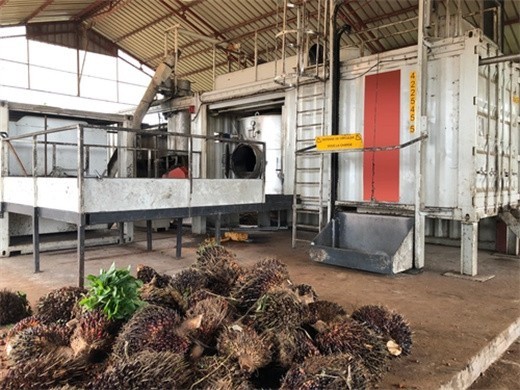
Media caption Palm oil can be found in everyday items ranging from peanut butter and chocolate to instant noodles. Iceland is to stop using palm oil in own-brand products by the end of 2025. The
Get Price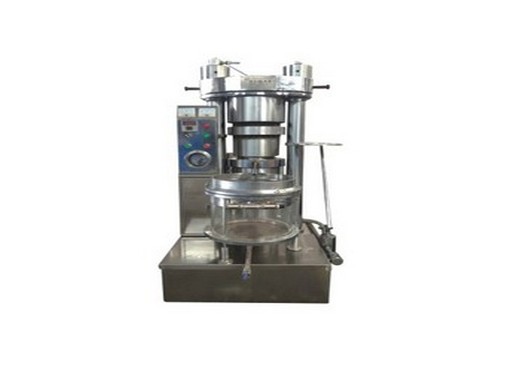
tips on why you should be cooking with palm oil Recep DEM陌R 28 April 2015 0 Comments Even though Palm oil is getting more and more recognition, there are still those amongst us who have difficulties in deciding which edible/cooking oil to use.
Get Price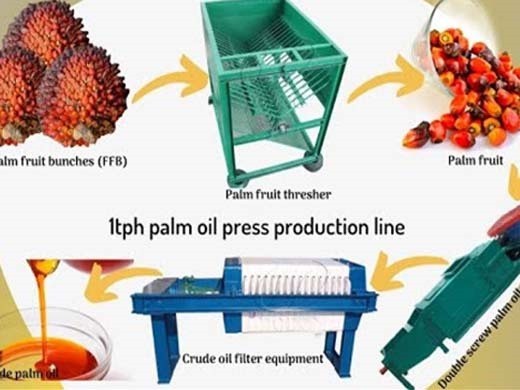
Palm oil and its derivatives can appear under many names. For consumers concerned about the catastrophic ill effects of the palm industry, here what to look for.
Get Price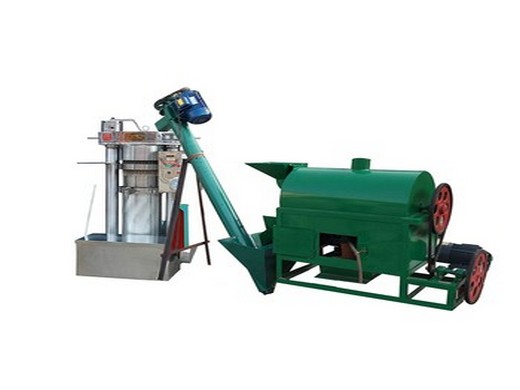
Palm oil is the world most popular vegetable oil, used in about half of the products on supermarket shelves. In tropical environments, it grows easily and is more efficient than soy, canola, and other plants. The bad news: Its popularity has spurred the rapid and uncontrolled expansion of palm oil plantations across the forests of Indonesia
Get Price
Palm oil is ubiquitous! Half the packaged food (and other) products found on supermarket shelves now contain palm oil. Palm oil and palm kernel oil are found in all manner of baked goods, such as cookies, bread, and potato chips, as well as in chocolate and milk (where it adds Vitamin A). Palm oil has also replaced coconut as the main cooking
Get Price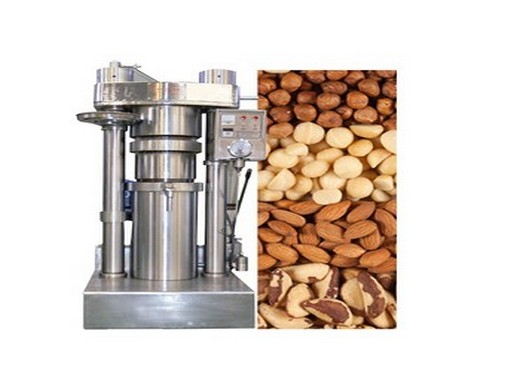
palm oil to nine global food and household companies. When approached, seven of the firms confirmed they buy palm oil from Wilmar Indonesian operations, but only two Kellogg and Reckitt Benckiser were willing to give any level of detail about which products were affected. [Detail on
Get Price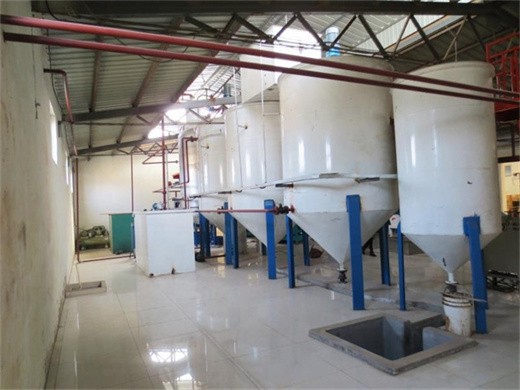
Iceland supermarket has told the BBC that in a bid to meet a pledge to remove palm oil from all its own-brand products it removed its branding from some items, rather than the ingredient.
Get Price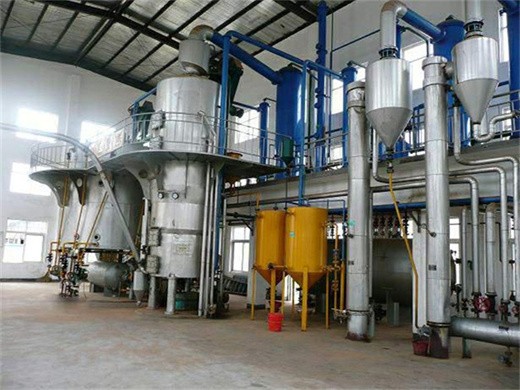
Palm oil is now in around 50% of packaged products on supermarket shelves, in everything from food to cleaners to cosmetics. However, its production is causing deforestation and biodiversity, so why are we still using it? "The question of palm oil is urgent but there is no clear answer. It devastates rainforests, ecosystems and communities, but
Get Price
Why doesn Unilever just stop using palm oil? We choose to use palm oil because it is one of the most productive vegetable oils per land area: sunflower, soy and rapeseed all require far more land to deliver the same volume of oil. To stop using palm oil would result in a lot more land being cultivated to obtain the same quantity of oil
Get Price
Some supermarkets are focusing on selling more (or even exclusively) organically certified produce. Others are trying to differentiate itself through selling less (or no) products containing palm oil. This as the demand of palm oil is a main driver for the destruction of rainforests.
Get Price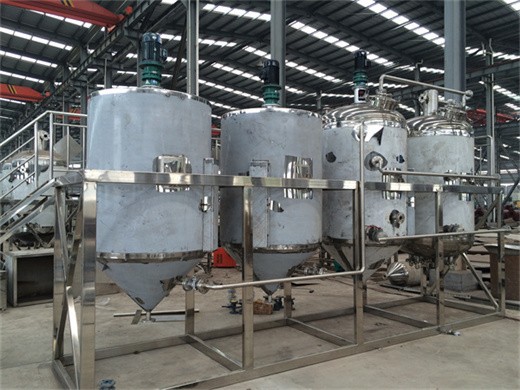
Today (Tuesday 15th December) in London, wel be launching our Report on High Carbon Stock (HCS) forests, and the role of the palm oil industry in helping both to identify them and then to protect them.It a bit of a blockbuster, made up of three different elements: the Overview Report (which contextualises the whole story and provide
Get Price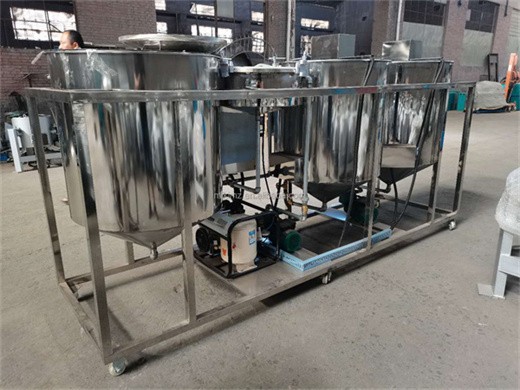
Some supermarkets are focusing on selling more (or even exclusively) organically certified produce. Others are trying to differentiate itself through selling less (or no) products containing palm oil. This as the demand of palm oil is a main driver for the destruction of rainforests.
Get Price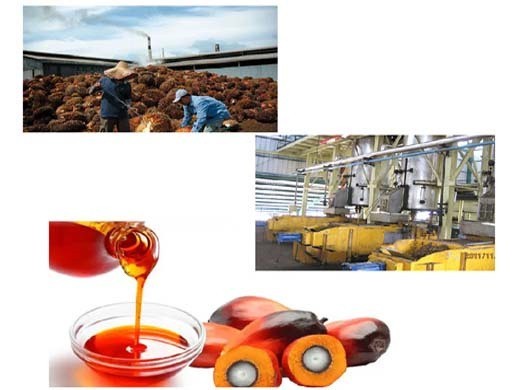
Today (Tuesday 15th December) in London, wel be launching our Report on High Carbon Stock (HCS) forests, and the role of the palm oil industry in helping both to identify them and then to protect them.It a bit of a blockbuster, made up of three different elements: the Overview Report (which contextualises the whole story and provide
Get Price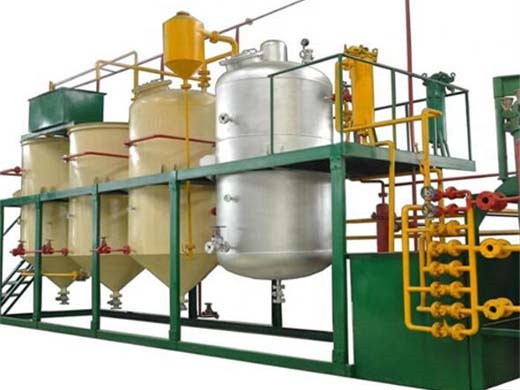
Zoos Victoria say they will no longer sell Cadbury chocolate or Natural Confectionery Company lollies at their zoos as the manufacturers are refusing to disclose the origins of the palm oil used
Get Price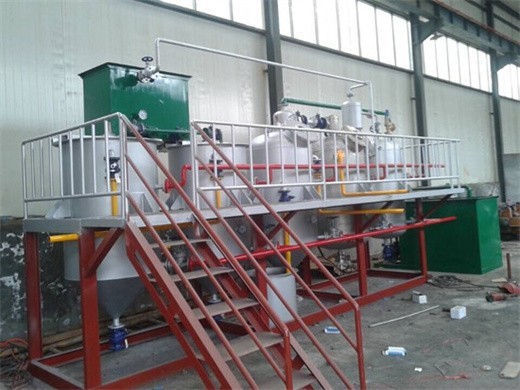
We must stop Conflict Palm Oil in its tracks. That why Rainforest Action Network is fighting back, putting pressure on twenty of the most well known food companies in the worldhe Snack Food 20o get Conflict Palm Oil off the shelves right now.
Get Price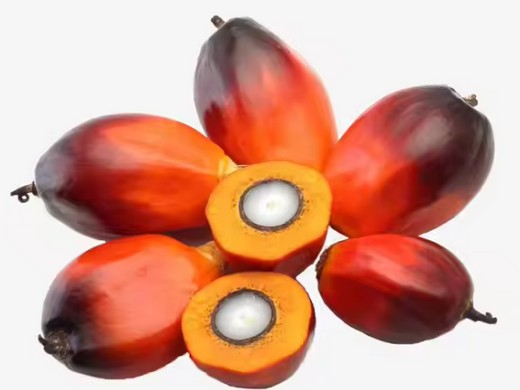
23.04.2020· While researchers are still studying COVID-19 and how it transmitted, we know the elderly and those with underlying medical conditions face higher risk of complications and death. To ensure these populations have plenty of food and supplies with lower risk of coming into contact with the virus, supermarkets worldwide are instituting special shopping hours for them.
Get Price
Every hour 300 football fields of precious remaining forest is being ploughed to the ground across South East Asia to make way for palm oil plantations. Palm oil is used in everything from snack foods to soaps. It is found in over half all packaged items on our supermarket shelves.
Get Price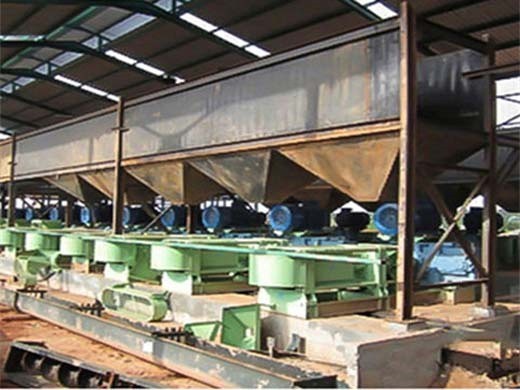
21.04.2016· Palm oil, the ubiquitous ingredient in scores of food and cosmetics products, is responsible for the destruction of rainforests home to orangutans, tigers, and other endangered wildlife. Here's
Get Price
Over 50% of the products on supermarket shelves have palm oil as an ingredient. Its production has resulted in massive loss of virgin rainforests in South-East Asia. Now it's threatening the
Get Price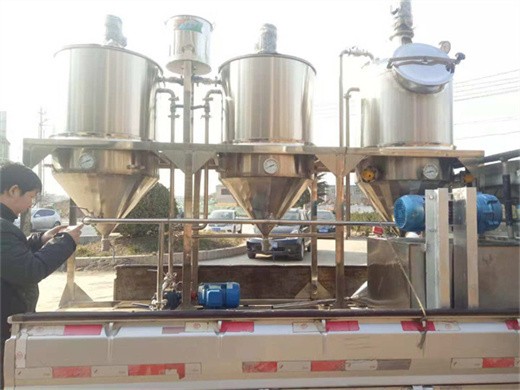
Here's an update on what's trending on store shelves and the latest science on the healthful fats they contain. Supermarket shelves are crowded with different kinds of oils, many claiming to be healthful choices. Each type of oil has a different mix of saturated, monounsaturated, and polyunsaturated fatty acids. In addition, there are refined
Get Price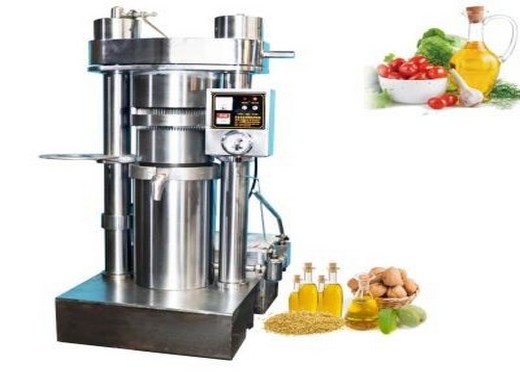
Palm Oil in Products. Palm oil is found in absolutely everything from food and household products, to make-up and other cosmetics. Today palm oil is also being widely considered as being an alternative to the natural fossil fuels that are rapidly running out, primarily being used as a form of biofuel in the transport industry.
Get Price